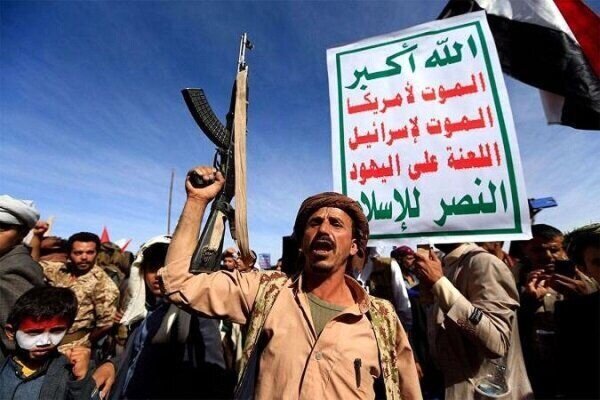War in Yemen last year; An informal cessation of hostilities without valid military achievements.
The war in Yemen last year was a different year. The end of the war was not officially announced, but the war practically stopped and many serious attacks were not carried out by the Saudi coalition against Yemen. In fact, at the beginning of 2023, it became clear that Saudi Arabia has concluded that it would not have a valid military achievement in the war against Yemen.
In this article, the reasons for Saudi Arabia’s failure in the war in Yemen and the move towards reconciliation with the National Salvation government in the past year are briefly examined.
On March 26, 2015, Saudi Arabia and the United Arab Emirates formed a coalition to counter Ansarullah’s rise to power in Yemen and attacked Yemen. The perception and claim of Saudi Arabia was that in less than a month, it can defeat Ansarullah and return Abd Rabbo Mansour Hadi, the then resigned president of Yemen, to the head of power in Sana’a. Despite this, the war in Yemen lasted for 8 years, and the Saudis not only failed to defeat Ansarullah and its allies, but they were actually trapped in the swamp of Yemen, and their vulnerabilities were made public, and somehow they accepted that they were unable to defeat the Yemenis. Meanwhile, more than 100,000 Yemenis were martyred and injured in this war, about 4 million people were displaced inside and outside, and a large part of Yemen’s infrastructure was destroyed. However, Ansarullah and the Yemeni army not only did not retreat and did not surrender, but by increasing their deterrence power, they inflicted heavy blows on Saudi Arabia and the UAE and even targeted the economic arteries of the two countries, especially Saudi Arabia, with missile and drone attacks.
The important question is that despite the silence of the international community and even the support of the Western powers to Saudi Arabia, why did the war in Yemen not proceed according to the perception and interests of Saudi Arabia? In response to this question, the following can be mentioned:
1. The superiority of the Yemeni national identity over the Saudi-hired mercenaries
Unlike Saudi Arabia, which used foreign mercenaries to fight with Yemen, and the Saudi forces were not particularly present in the ground war, the Yemeni front consisted of local forces that entered the war to defend their territorial integrity and national identity. Naturally, in such a situation, the native force has a high motivation to defend its territorial integrity and homeland, but the mercenary and rented force that participated in the war with only material motivation does not have a high military capability. The war in Yemen proved that Saudi Arabia as a regional power is facing the weakness of manpower in the military dimension.
2. The belief and faith of Yemenis in victory
Another reason for the failure of the Saudis in the war in Yemen was the Yemenis’ belief in victory. It is not an exaggeration to say that the people of Yemen are a strange and new political and social phenomenon in the scene of West Asia. On the one hand, these people resisted the daily bombing of this country by the Saudi coalition for 8 years, and on the other hand, after the war of the Zionist regime against Yemen, millions of Yemenis came to the streets weekly and supported the military action against the ships bound for the land. The occupying forces declare their support for the people of Gaza. This pattern of behavior is mostly due to the faith of the Yemeni people and also their belief in the power of resistance. Saudi Arabia did not consider such an important indicator and entered the war against the Yemenis.

